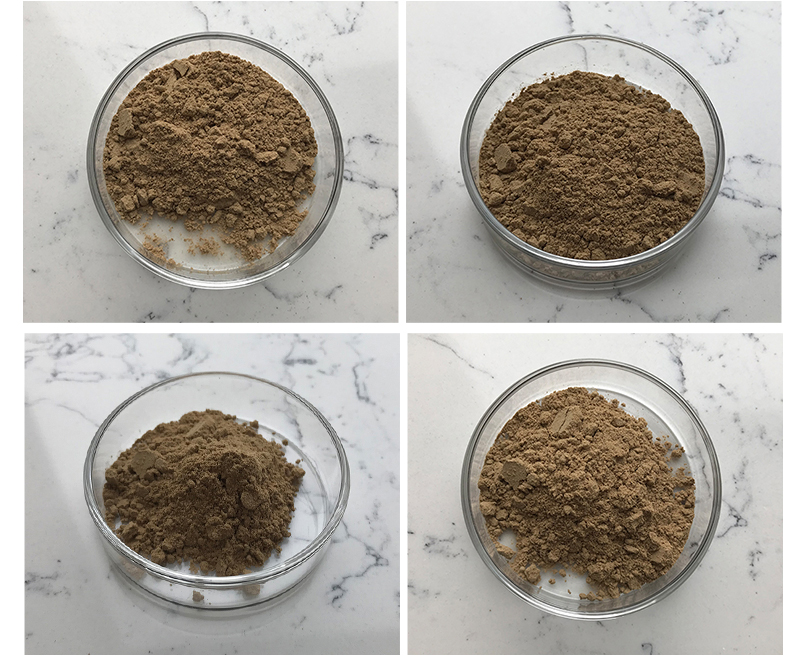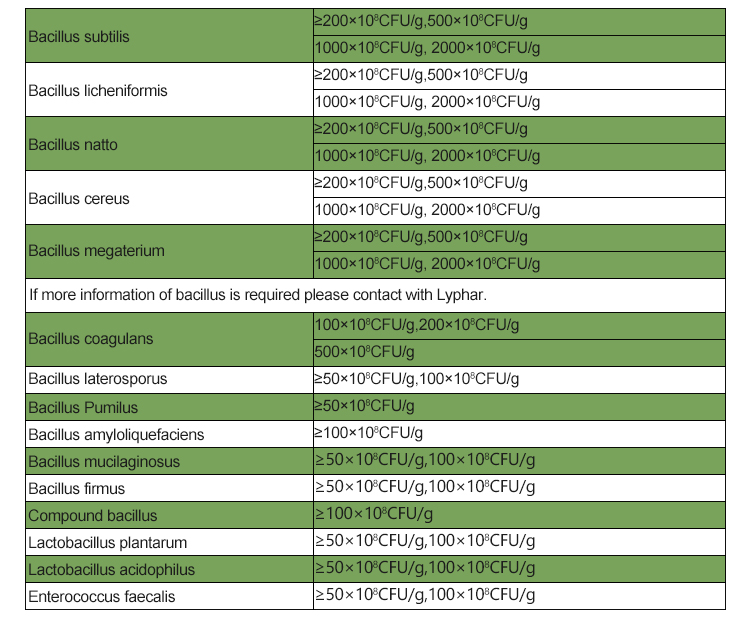Bacillus pumilus is a beneficial bacterium that has several positive effects on agriculture:
- Plant Growth Promotion: Bacillus pumilus can enhance plant growth by producing phytohormones such as auxins, cytokinins, and gibberellins, which promote root and shoot development.
- Nutrient Availability: It helps in the solubilization of nutrients, particularly phosphorus, making them more accessible to plants. This is crucial for improving soil fertility and plant health.
- Disease Suppression: Bacillus pumilus has been shown to have antagonistic effects against various plant pathogens, including fungi and bacteria. It can help reduce the incidence of diseases such as root rot and wilt.
- Bioremediation: This bacterium can degrade certain pollutants in the soil, contributing to environmental sustainability and soil health.

- Stress Tolerance: It may enhance plants’ tolerance to abiotic stresses, such as drought and salinity, by improving root structure and function.
- Soil Health: Bacillus pumilus contributes to the overall health of soil microbiota, promoting a balanced ecosystem that supports plant growth.
Incorporating Bacillus pumilus into agricultural practices can lead to sustainable farming, reducing the need for chemical fertilizers and pesticides while improving crop yields.
Characteristics of Bacillus Pumilus
Bacillus pumilus is a species of bacteria known for several key characteristics:
- Shape and Structure: It is a rod-shaped, gram-positive bacterium. It forms endospores, which are resistant structures that help it survive extreme conditions.
- Oxygen Requirement: Bacillus pumilus is aerobic, meaning it requires oxygen for growth. However, it can also grow in microaerophilic conditions.
- Temperature and pH Tolerance: This bacterium can thrive at a range of temperatures (optimal around 30-37°C) and pH levels, making it quite versatile in different environments.
- Metabolism: It is capable of utilizing various carbon sources and can produce enzymes, such as proteases and amylases, which are valuable in industrial applications.

- Habitat: Bacillus pumilus is commonly found in soil, water, and on plant surfaces. It can also be isolated from various environments, including food products.
- Biotechnological Applications: Due to its enzyme production capabilities, it is used in various biotechnological processes, including fermentation and bioremediation.
- Pathogenic Potential: While generally considered non-pathogenic, it has been associated with rare cases of opportunistic infections, particularly in immunocompromised individuals.
These characteristics make Bacillus pumilus a subject of interest in microbiology and biotechnology.
